We’ve all heard about collagen at one point or another, and have even considered adding it to our beauty and health routines because of all the benefits that come with taking collagen supplements. However, with so many different forms of collagen, it might become overwhelming to know which one is suited for you.
And, does it boast all the benefits it claims to? Here’s the scoop on collagen and how to make it work for you:
What is Collagen?
Collagen is a protein that is already present in our bodies.
Our bodies naturally produce it and it is the single most abundant protein we have. Collagen is accurately referred to as the ‘glue’ in the human body – it holds everything together and provides strength, structure, lining, and cushioning throughout our body. It is essential to our overall well-being.
Benefits of Collagen
- Increased skin density and hydration.
- Restores skin’s elasticity.
- Smoothes out fine lines and wrinkles.
- Supports and repairs the digestive tract.
- Strengthen hair, nails, and teeth.
- Promotes hair growth.
- Reduces joint inflammation and pain.
- Assists in the healing of acne and scars.
- Gut health.
The production of collagen is vital to providing strength for firm skin, healthy hair, and strong nails.
Introducing and maintaining hydrolyzed collagen in your daily diet at any age is beneficial, and supplementing with hydrolyzed collagen from as early as your twenties is an excellent preventative measure in helping to maintain your collagen structures before they have a chance to start weakening and breaking down.
Types of Collagen
Hydrolyzed Collagen
When it comes to your day-to-day collagen supplement, the buzzword is hydrolyzed collagen. A group of peptides with low molecular weight, extracted from sources such as porcine (pig) and bovine (cow), and recently extracted from marine sources as well. Compared to native collagen, hydrolyzed collagen is highly digestible, and easily absorbed and distributed in the body.
As we get older, our skin starts to produce less collagen. After which it becomes more and more susceptible to loss of firmness and elasticity. People have been using collagen in various ways to try and slow down the loss of collagen and the ageing process.
In supplement form, collagen is an excellent source of protein, has been found to improve joint health and joint healing, and plays a role in arthritic and sport-related pain management.
- Bovine vs Porcine vs Marine
Bovine collagen originates from a cow and porcine collagen originates from a pig. Porcine collagen is more like human collagen.
In Marine, or fish, collagen comes from the skin of fish. This has been the go-to collagen for people who aren’t able to use collagen made from pigs and cows because due to dietary requirements.
Some people also consider marine collagen a more sustainable alternative due to the fishing industry often being left with raw materials after the catch. Marine collagen offers a more economic and environmentally friendly option for cosmetic companies.
- Powder vs capsules
Collagen supplements can come in many forms—from gummies and drinks to powders and pills but are they all the same? And which one is more effective?
Collagen powders offer more collagen and are highly versatile—meaning they can be added to various drinks and smoothies. Being collagen in its purest form, they’re the most effective than capsules or pills.
Many people take capsule supplements for convenience. On a functional level, collagen powders and pills are the same, if they contain the same type of collagen, dosage, source, and added ingredients.
Collagen and Gut Health
From all the benefits of collagen, it’s also a protein that plays a critical role in several other aspects of our health—including our gut. Think of it as the ‘glue’ that holds our body together—keeping it strong, healthy, and vital.
- It Soothes, repairs, and strengthens the gut lining.
- It aids digestion and nutrient absorption.
Collagen Products
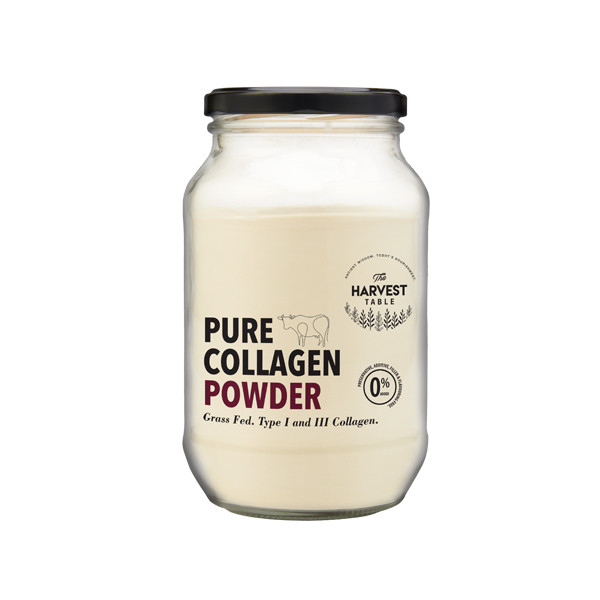
Harvest Table – R499
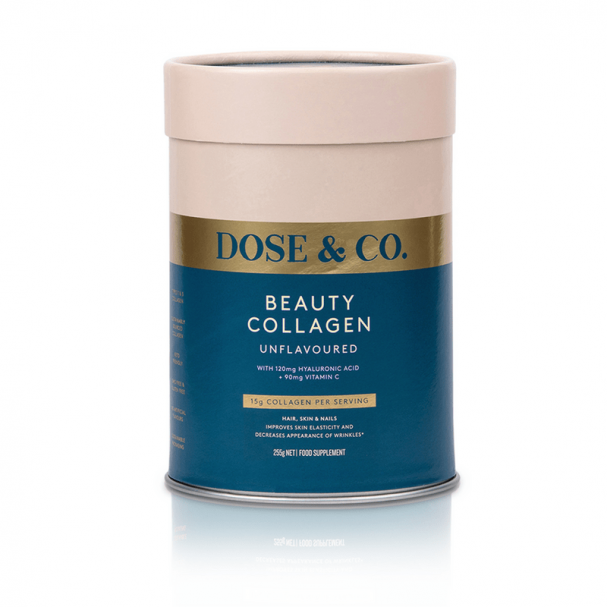
Dose & Co – R699
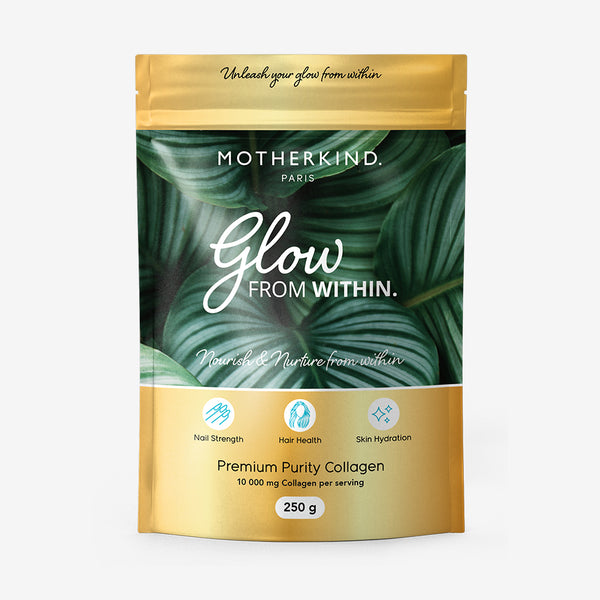
Motherkind – R450
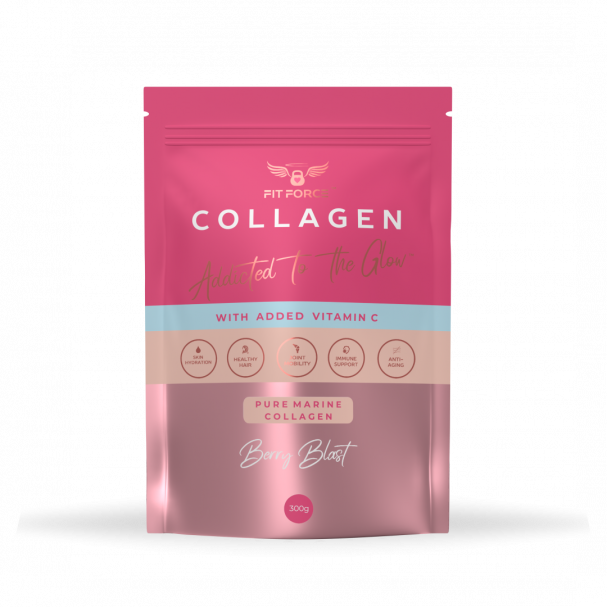
Fit Force – R429
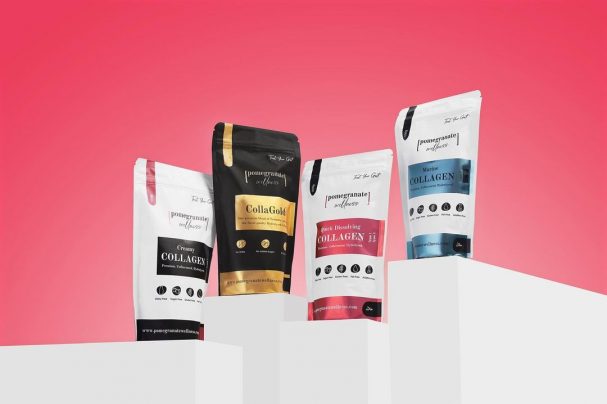
Pomegranate Wellness
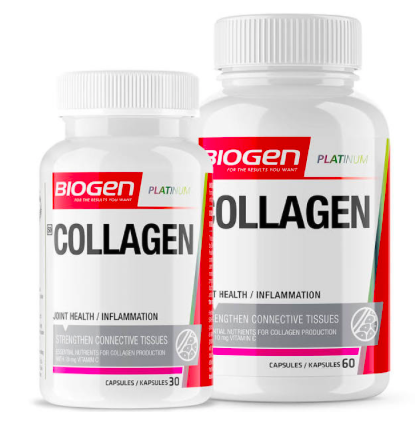
Biogen – R197,95
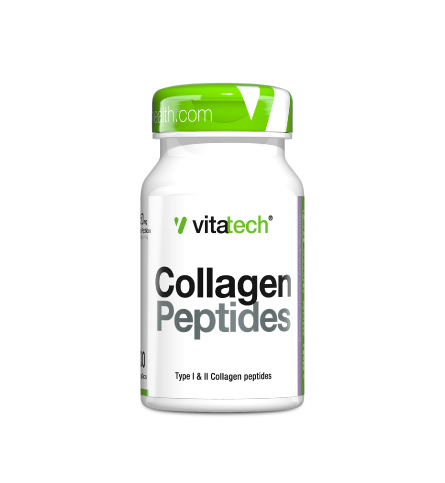
Vitatech – R79
ALSO SEE:
Featured Image: Pexels

